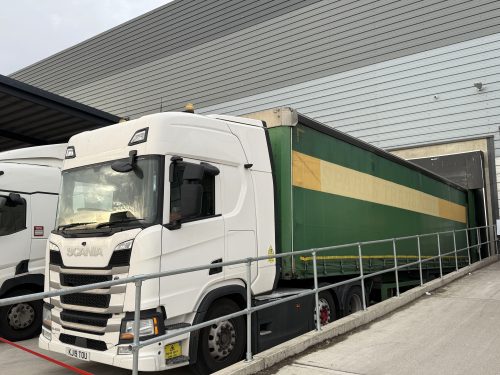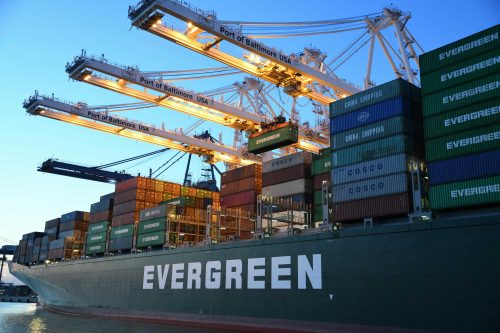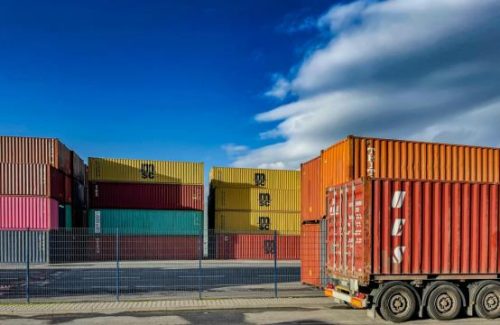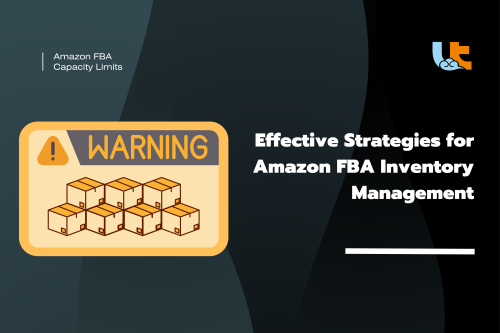
In the intricate and often convoluted realm of shipping, freight forwarders and brokers stand as vital pillars. Their roles, although distinct, contribute significantly to the seamless movement of goods across borders. This guide will delve into the unique responsibilities of each, their benefits, and how to determine which one is the perfect fit for your business needs.
A freight forwarder and a broker both play crucial roles in the shipping industry, but they have different responsibilities.
The choice between a freight broker and a freight forwarder depends on your specific needs. If you're looking for someone to manage the entire shipping process, from packaging and storage to documentation, customs clearance, and shipping, then a freight forwarder may be the best choice. They offer comprehensive services and can handle complex logistics that involve multiple transportation modes.
On the other hand, if you're simply looking for someone to connect you with a reliable carrier, or if you're more concerned about finding the most cost-effective shipping option, then you might want to work with a freight broker. Brokers can leverage their extensive network of carriers to find the best match for your shipping needs.
A freight forwarder is a company that organizes shipments for individuals or corporations to get goods from the manufacturer or producer to a market, customer, or final point of distribution. They contract with a carrier to move the goods. This process involves a range of services including tracking transportation, preparing shipping and export documents, warehousing, cargo space booking, negotiating freight charges, freight consolidation, cargo insurance, and filing of insurance claims.
A freight broker is an individual or company that serves as a liaison between another individual or company that needs shipping services and an authorized motor carrier. They do not take possession of the cargo, but they play an essential role in the movement of cargo. They specialize in bringing together shippers and carriers to facilitate a transaction, typically leveraging their network of carriers to find the best fit for a shipper's specific needs.
Benefits of a Freight Forwarder:
1. Simplified Shipping Process: Freight forwarders handle all aspects of the shipping process, from packaging and warehousing to booking cargo space, handling documentation, and arranging customs clearance. This simplifies the process for shippers, especially those with less experience in logistics.
2. Expertise in International Shipping: Freight forwarders have expertise in international shipping regulations, import/export requirements, and customs procedures. This can help prevent costly mistakes and delays.
3. Network of Contacts: Freight forwarders have established relationships with carriers and customs agents across the globe, which can lead to faster transit times and lower costs.
4. Cost Savings: By consolidating shipments and leveraging their relationships with carriers, freight forwarders can often secure lower rates than shippers could obtain on their own.
5. Risk Management: Freight forwarders can arrange for cargo insurance, reducing the risk of financial loss due to damaged or lost goods.
Benefits of a Freight Broker:
1. Extensive Network: Freight brokers have a wide network of carriers and can choose the one that best fits your specific needs in terms of cost, speed, and reliability.
2. Cost-Efficient: By leveraging their relationships with various carriers, freight brokers can often negotiate better rates than you might be able to secure on your own.
3. Time-Saving: Because freight brokers handle the task of finding and negotiating with carriers, they can save you time and effort. This allows you to focus on other aspects of your business.
4. Expertise: Freight brokers understand the shipping industry and can provide guidance on the best methods and routes for shipping your cargo.
5. Problem-Solving: If issues arise during the shipping process, a freight broker can work with the carrier to resolve them, acting as your advocate.
Linktrans:Your Freight Forwarder vs. Broker
Now that you've got the lowdown on the differences between a freight forwarder and a freight broker, it's time to decide which one suits your business best. Both have the power to supercharge your freight movement, saving you time, cash, and effort. By figuring out how to best harness these pros in your operations, you're on the fast track to finding a solid partner who doesn't just boost your business relationship, but turbocharges your business growth.








